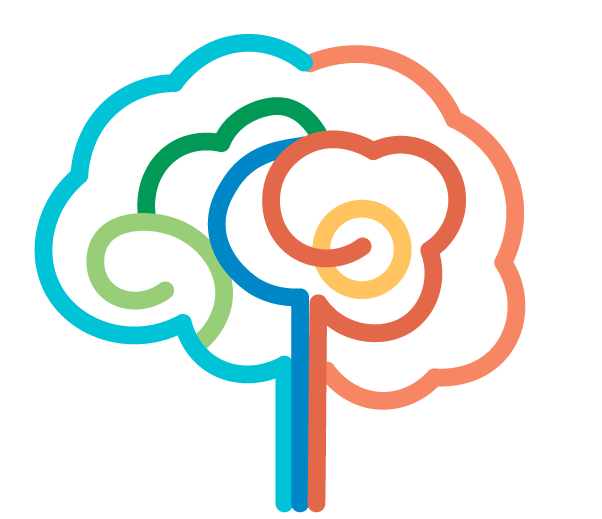The Alzheimer’s Association estimates that delaying the onset of AD symptoms by five years would reduce the rate of incidence by 50 percent! Approximately 32% of adults aged 85 and older suffer from Alzheimer’s disease (AD), and almost all older adults experience some degree of cognitive compromise as they age. The issue of what one can do to maintain cognitive health is an urgent public health issue that has great potential to decrease the rate of Alzheimer’s disease.
Can We Slow the Rate at which the Mind Ages?
A clear scientific understanding of how everyday experiences and activities could enhance cognition and slow cognitive aging has the potential to decrease Alzheimer’s disease and enrich the lives of older adults, while simultaneously addressing a significant public health problem.
The Synapse Project is a rare and careful scientific investigation of the hypothesis that leading an engaged lifestyle that is cognitively demanding will enhance cognitive function and may even slow the rate at which the mind ages.
Cognitive Engagement vs Cognitive Training
Many scientists have formally expressed their concern with the cognitive training industry. There is a wealth of scientific studies that have focused on structured cognitive training techniques. Little scientific research has been directed to the possibility that engaging in enjoyable and enriching lifestyle activities can slow or delay cognitive and neural aging. This neglected area is the focus of the Synapse project.
Findings from the Synapse Project
HIGH CHALLENGE ENGAGEMENT
Older adults were randomly assigned to mentally challenging conditions including learning digital photography, quilting, or both. Participants in these fast-paced, demanding classes spent 15 hours per week for three months in a high challenge environment.
LOW CHALLENGE ENGAGEMENT
There were two groups that were low in cognitive challenge: a social engagement group that had fun but did not engage in learning and a placebo control condition where participants worked on cognitive tasks that primarily required using previous knowledge or active listening, rather than active skill-learning of complex behaviors.
MEASURING COGNITIVE CHANGE
All participants had cognitive function measured at the beginning and end of the three-month period. A small subset of participants received brains scans at the beginning, the end, and one year after the experiment.
SUMMARY OF LESSON PLANS FOR THE engAGE PROJECT
The attached manual will provide interested parties with the information needed to implement the procedures used to create the different conditions used to train the different photography conditions. We hope that interested community groups, as well as researchers, find this useful.
Click here for the summary.
RESULTS
Participants in the High Challenge Engagement Conditions showed improved episodic memory at the end of the three months of engagement. High Challenge participants also showed enhanced neural function. Some effects were still significant a year later. The two groups that were low in cognitive challenge did not show improvement.
CONCLUSIONS
Engaging in every-day activities that were mentally challenging resulted in improved memory and enhanced neural efficiency. These are important and promising findings that with further investigation may have broad implications for public health and delaying the onset of Alzheimer’s disease.

